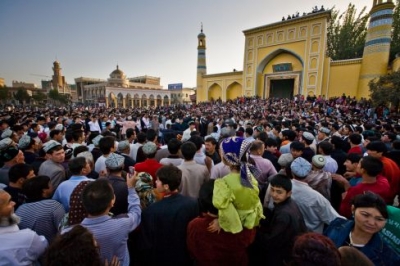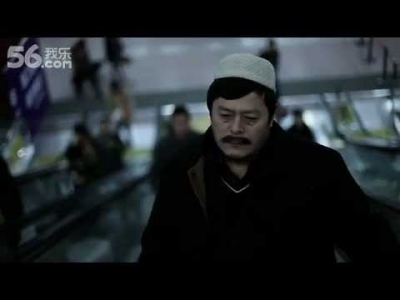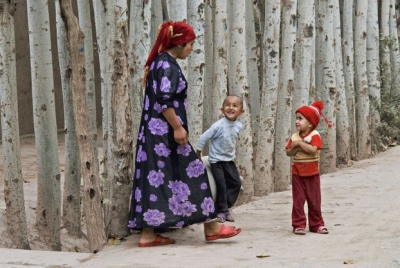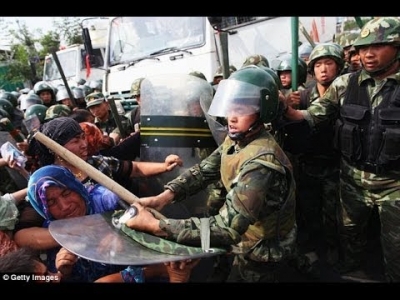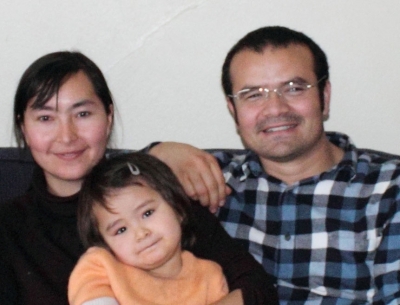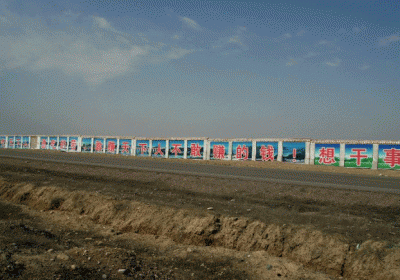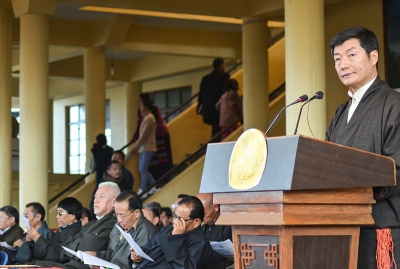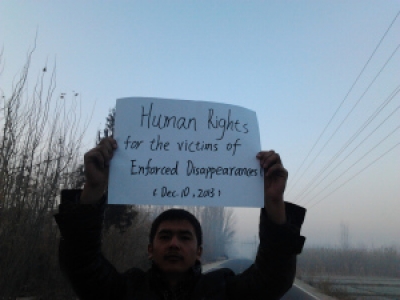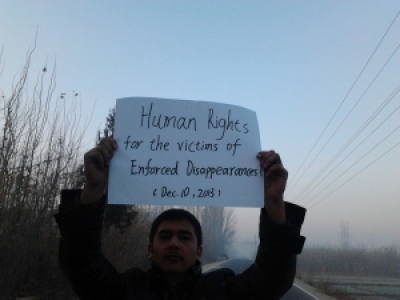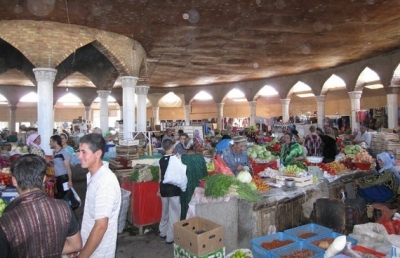China needs rethink on Uighurs before more blood is spilt
The bloody clash between ethnic Uighurs and the Chinese police that took place on December 15 in Xinjiang reflects a reality that rising China faces today. It was the fourth outbreak of such violence in Xinjiang since April, leaving at least 84 killed and 25 others injured. Then, on Monday, Chinese security forces killed eight people who allegedly attacked a police station in the region. As usual, Beijing called both incidents "terrorist" attacks, blaming a "violent terrorist gang" in Xinjiang, and scaled up security measures. However, enhanced security measures alone will not curb violence in the region, especially when the social and economic discontent of its Uighur minority remains unresolved.

